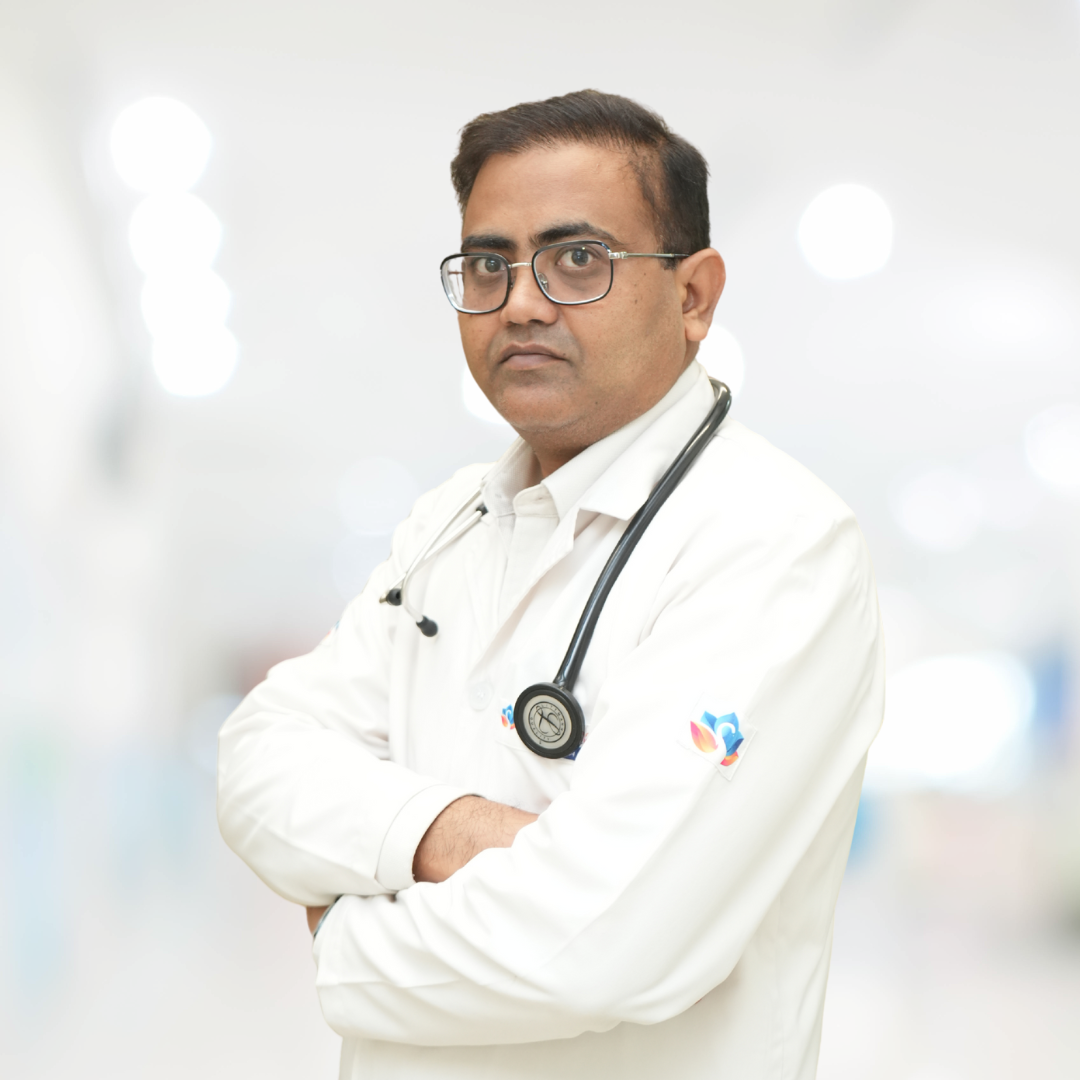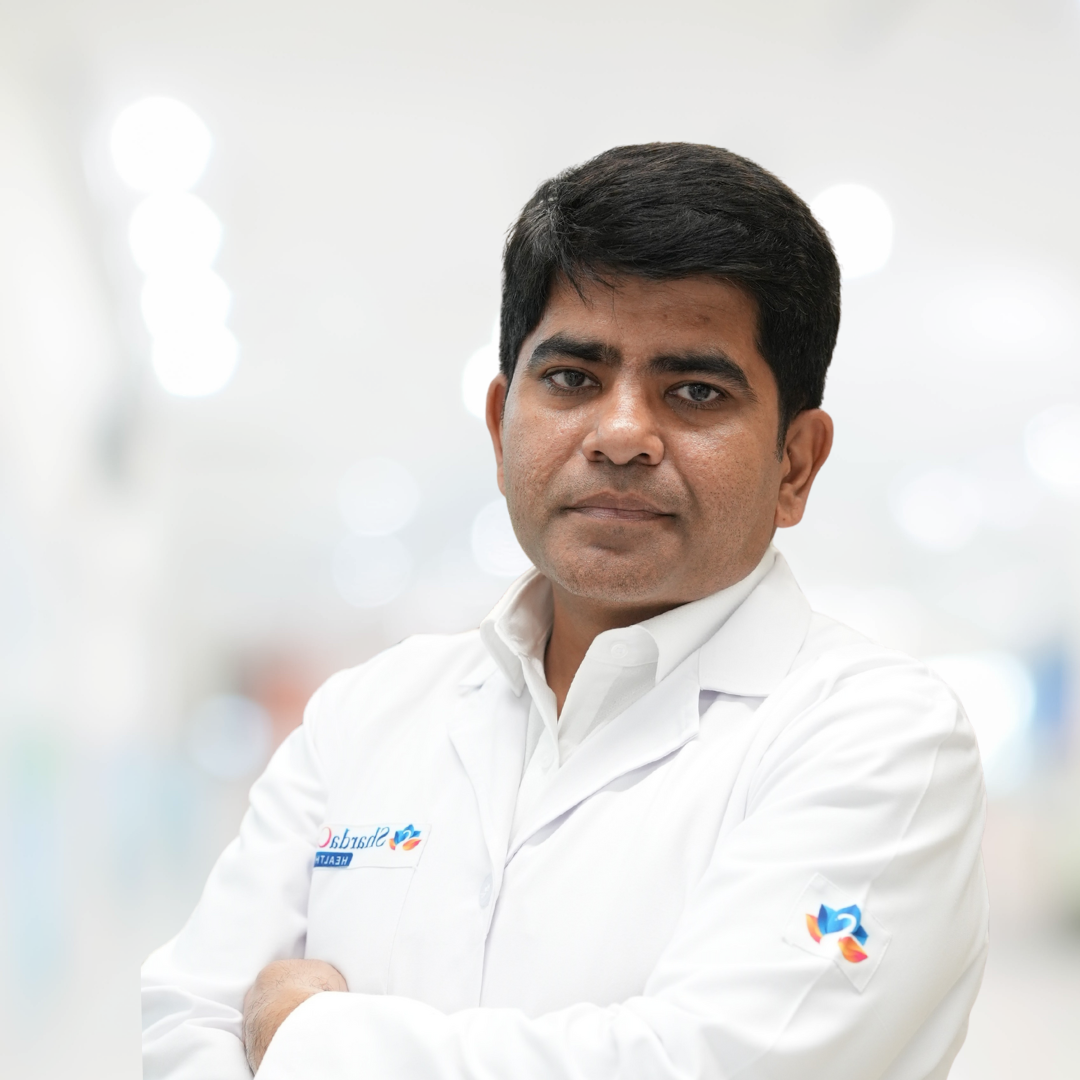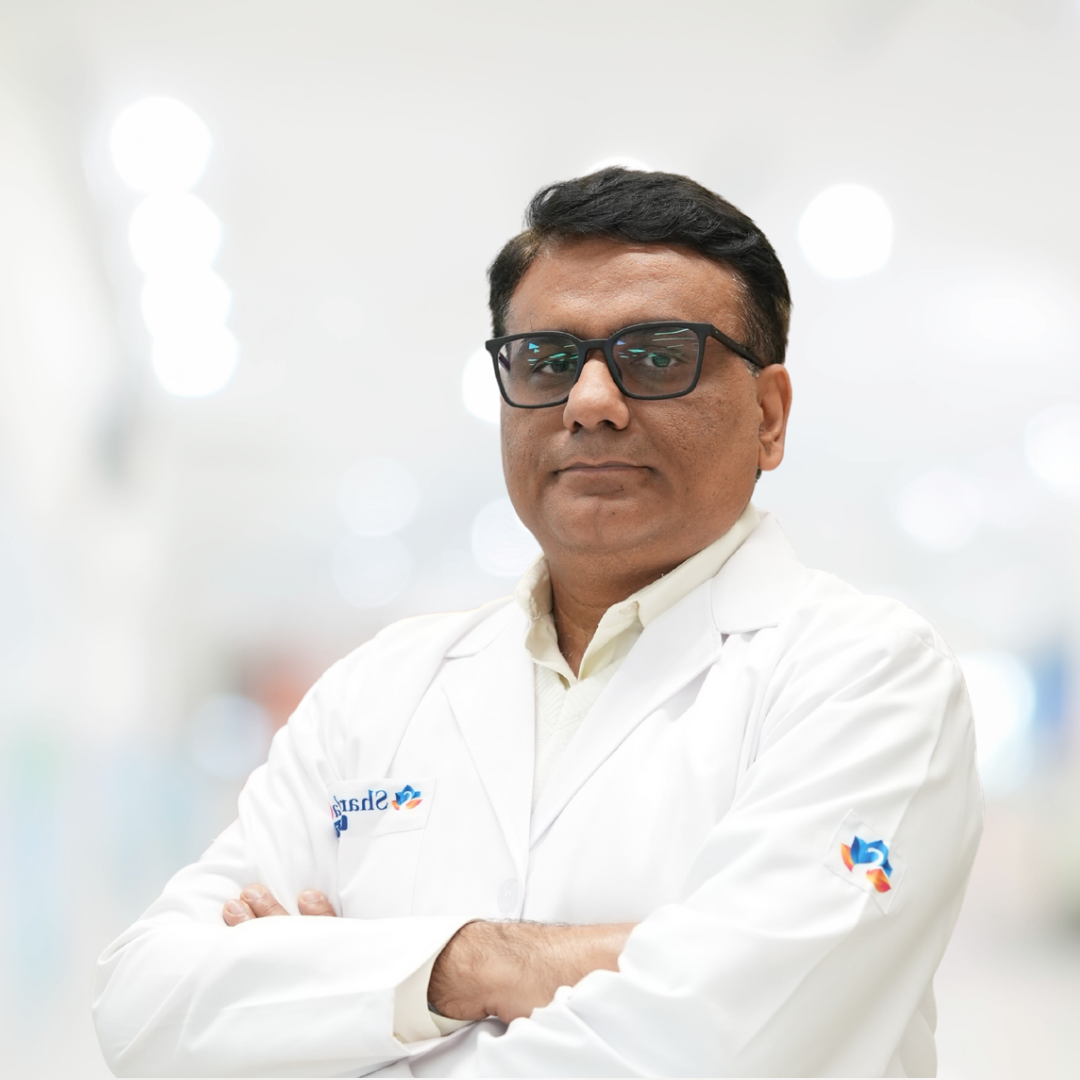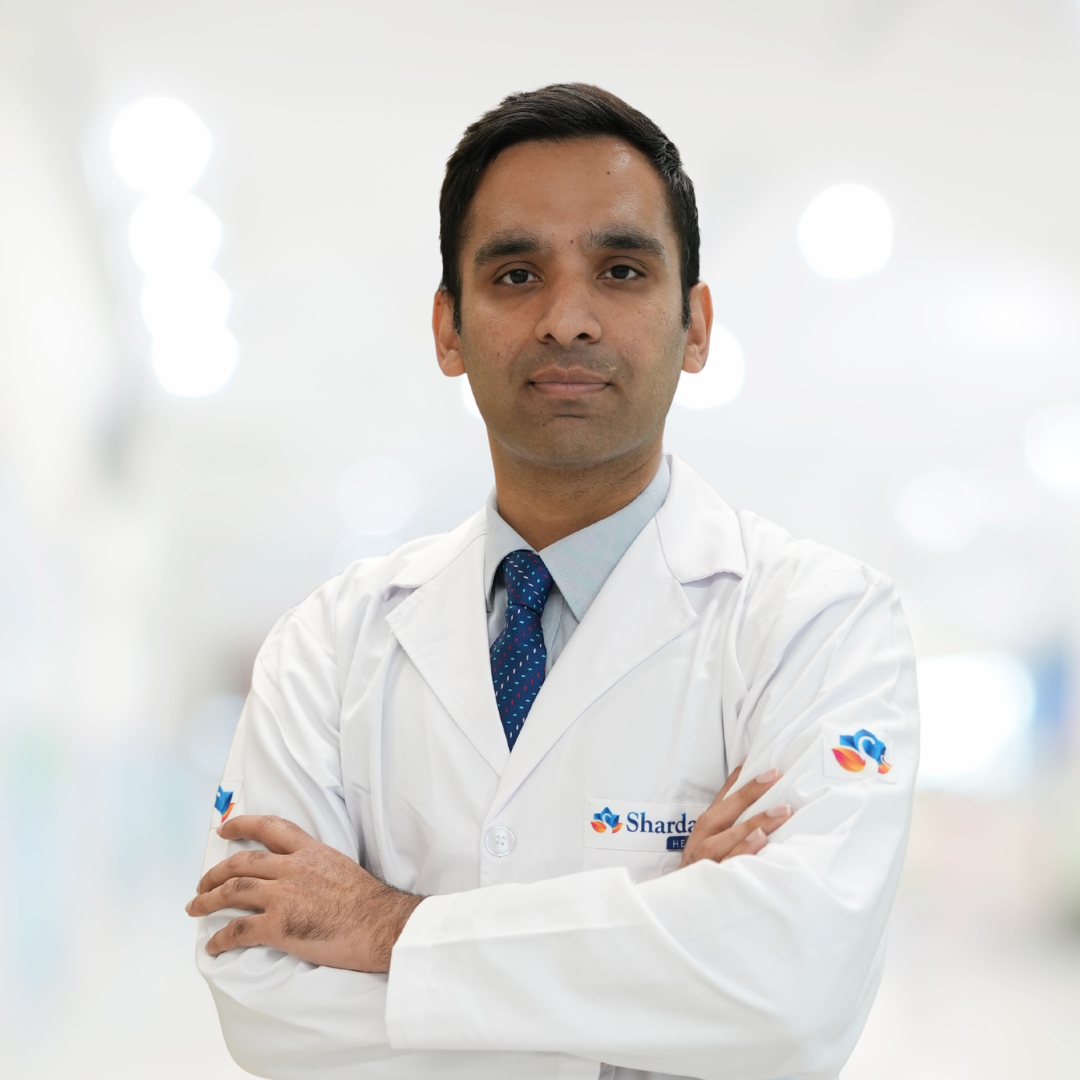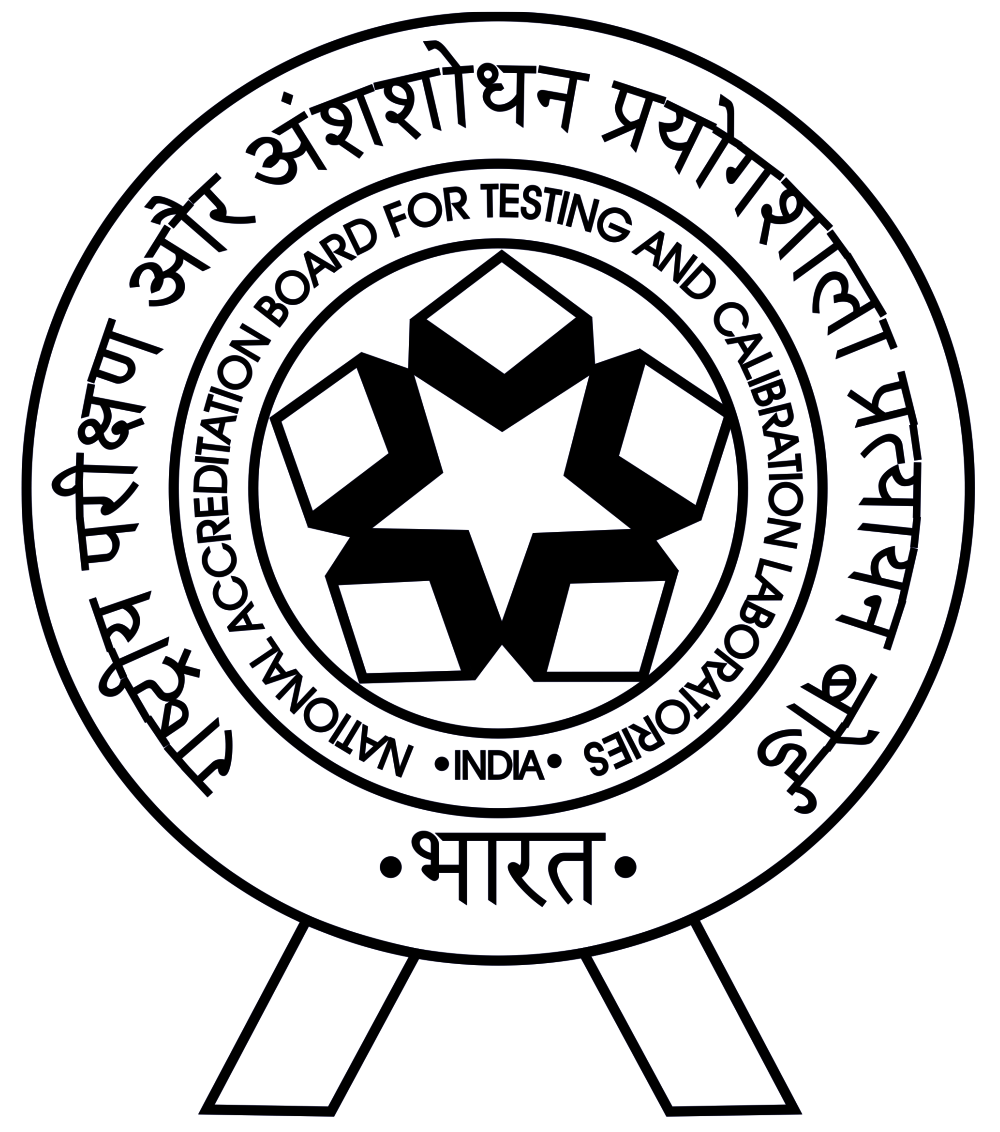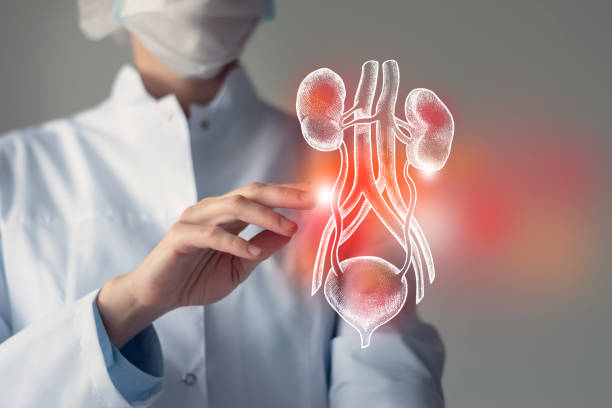
Kidney Transplant Surgery & Renal Care at ShardaCare – Healthcity
At ShardaCare - Healthcity , we prioritize compassionate care for Kidney Transplant Patients facing End-Stage Kidney failure. Our dedicated Transplant team is committed to providing personalized and efficient treatment, replacing one or both Kidneys with a healthy Organ from a deceased or living Donor. We understand the importance of addressing not only the medical needs of our patients but also providing support and guidance to their families throughout the transplant journey.
Our Transplant department is dedicated to providing exceptional patient care, educational programs, and conducting advanced research. Our Surgeons Utilize innovative technologies to successfully treat conditions such as Kidney failure, which can arise from various factors including high Blood Pressure, Polycystic Kidney Disease, Uncontrolled Diabetes Mellitus, Glomerulonephritis, and severe Anatomical Urinary tract problems.
The Kidney Transplant process involves several steps, beginning with a thorough Pre-Transplant workup to assess the patient's fitness. This includes a range of tests such as Blood Tests for Human Leukocyte Antigen (HLA) and Blood group determination, Viral markers, Biochemistry Analysis, Radiology evaluation, Tumor markers, CT-Scans, Angiograms, ECHO tests, and Endoscopies. Our multidisciplinary team of specialists, including Cardiologists, Gastroenterologists, Hepatologists, Pulmonologists, Dentists, Anaesthetists, Physiotherapists, Psychiatrists, and Dietitians, evaluates each patient comprehensively.
Following the completion of the Kidney Transplantation process, our team ensures meticulous post-operative care, monitoring patients continuously until they achieve complete recovery. We prioritize the timely delivery of medications and provide all necessary support for a swift and successful recovery. At ShardaCare -Healthcity, our mission is to facilitate the best possible outcomes for our patients throughout their transplant journey.
Looking for an Expert
ShardaCare - Healthcity is home to some of the eminent Doctors in the world.
Book an Appointment

